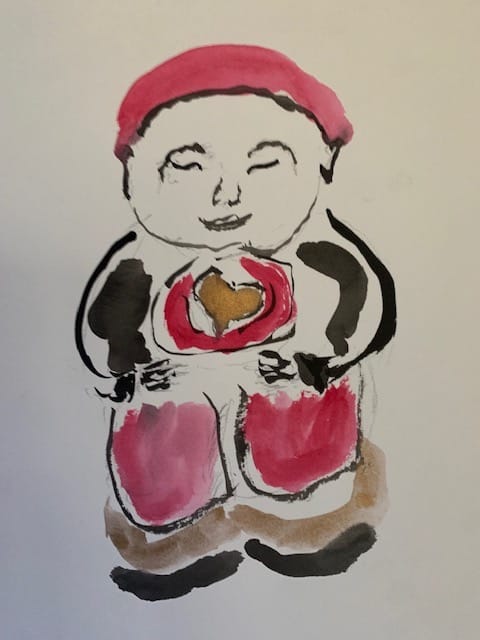3 Rules

The skies have been busy - foggy, with light, then deeper fog, then blue. The temperature sits at 66 degrees fahrenheit. Today is Tuesday.
Watching the energy of the moment, listening to the creative work of old composers, and working to resolve the everyday conflicts that catch people and trap them in misery. All of it invites exercising certain skills so things stay in balance. It isn't the same when one can work in solitude. Working alone and being productive and purposeful without really needing to manage relations can be both lonely and satisfying. But alone is not the reality for most.
When it comes to managing relations, the more people involved, the more complications and opportunities for misunderstanding, miscommunication, and mis-steps. Unless there are certain accepted ways in a culture - big or small - things can get very unhealthy. And there is always a bit of a dilemma. That is, weighing between staying the same over time or growing as success in operational terms is realized. Expanding the good feels important to do as part of the work in the world. But is it possible to expand and not lose the thread?
Anciently, the political philosophies of the rule of ritual, the rule of law, and the rule of virtue emerged as a way to manage the complexity we have created in the world. It is interesting to see 3 appear in so many places where successful relations exist. Something about that number. An old Zen teacher once said that if you have 3, you have a multitude that cannot be broken. Three rules to maintain stability have been around for thousands of years, and rarely implemented successfully.
The rule of "ritual" speaks to the customs and practices that provide cohesion within society - and the assumption is that everyone understands what defines the society, so ceremonies, special gestures, types of clothing, recitation of certain verses, what food to serve on what occasion, and uniformity across all of society delivered stability. Harmony is the goal.
The rule of "law" reflects commitment to the whole rather than individuals. The fundamental principle is that human beings need guardrails so policy, procedure, and consequences are needed and always, the whole is prioritized. People are given responsibility to administer the law and decide how to apply the rules. Pursuit of individualistic interest leads to disruption, chaos, and risking stability. The problem: Who is given responsibility to decide? The right person can make the wrong decision and yet the right outcome will still result. The wrong person who makes the right decision will still produce the wrong result. Who are you, the one who decides the rule's application?
The rule of "virtue" speaks to the quality of the human being vested with administering the law. Is the person one who carries the goal of respecting people and obeying the law and ritual of a group, following what flows from the heart? Human beings are not given many chances to develop virtue and heart in today's world. We are trained to be professionals, technicians, and crafts people. That's a different kind of training than learning how to be in the world as an enlightened being.